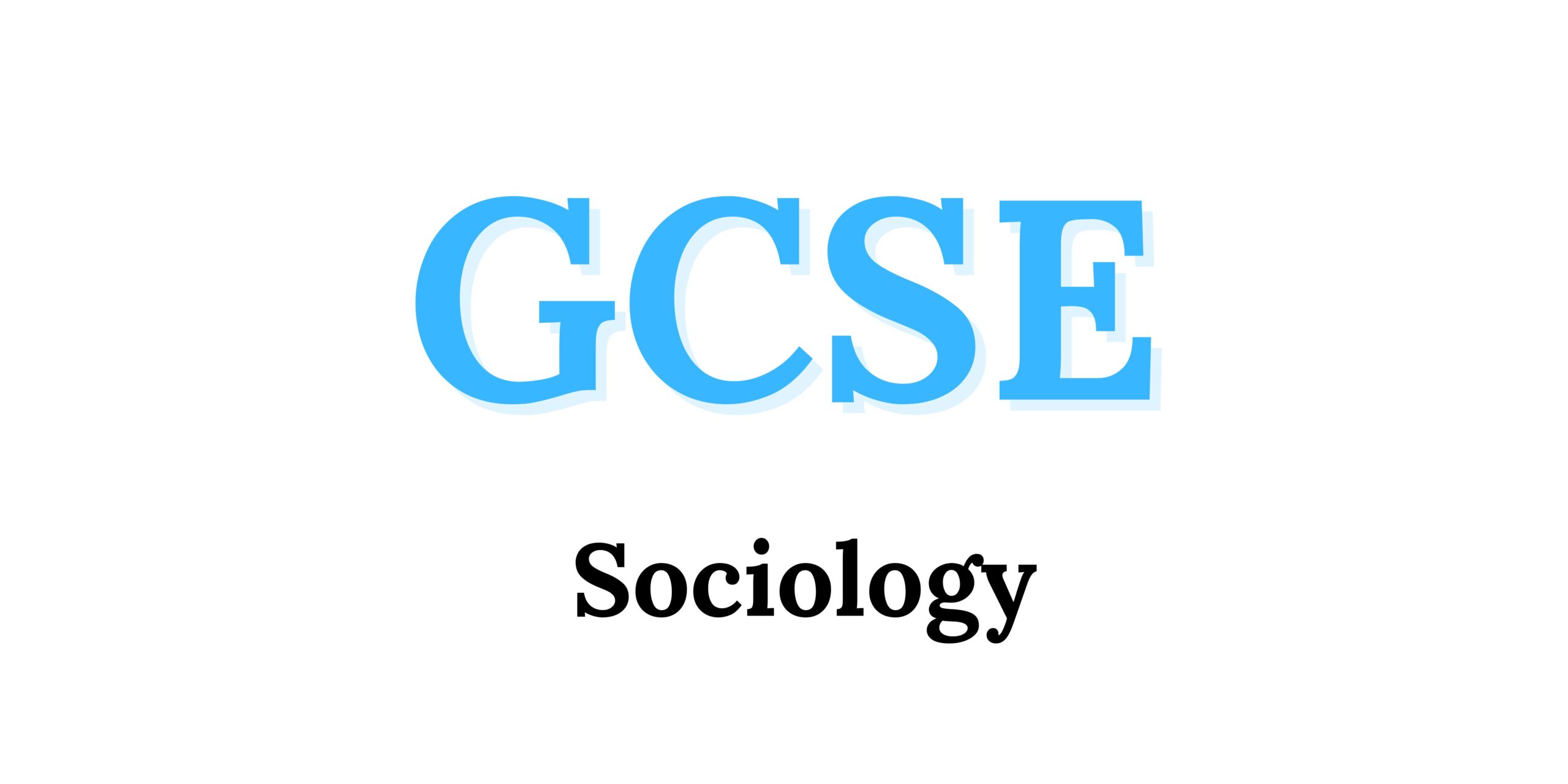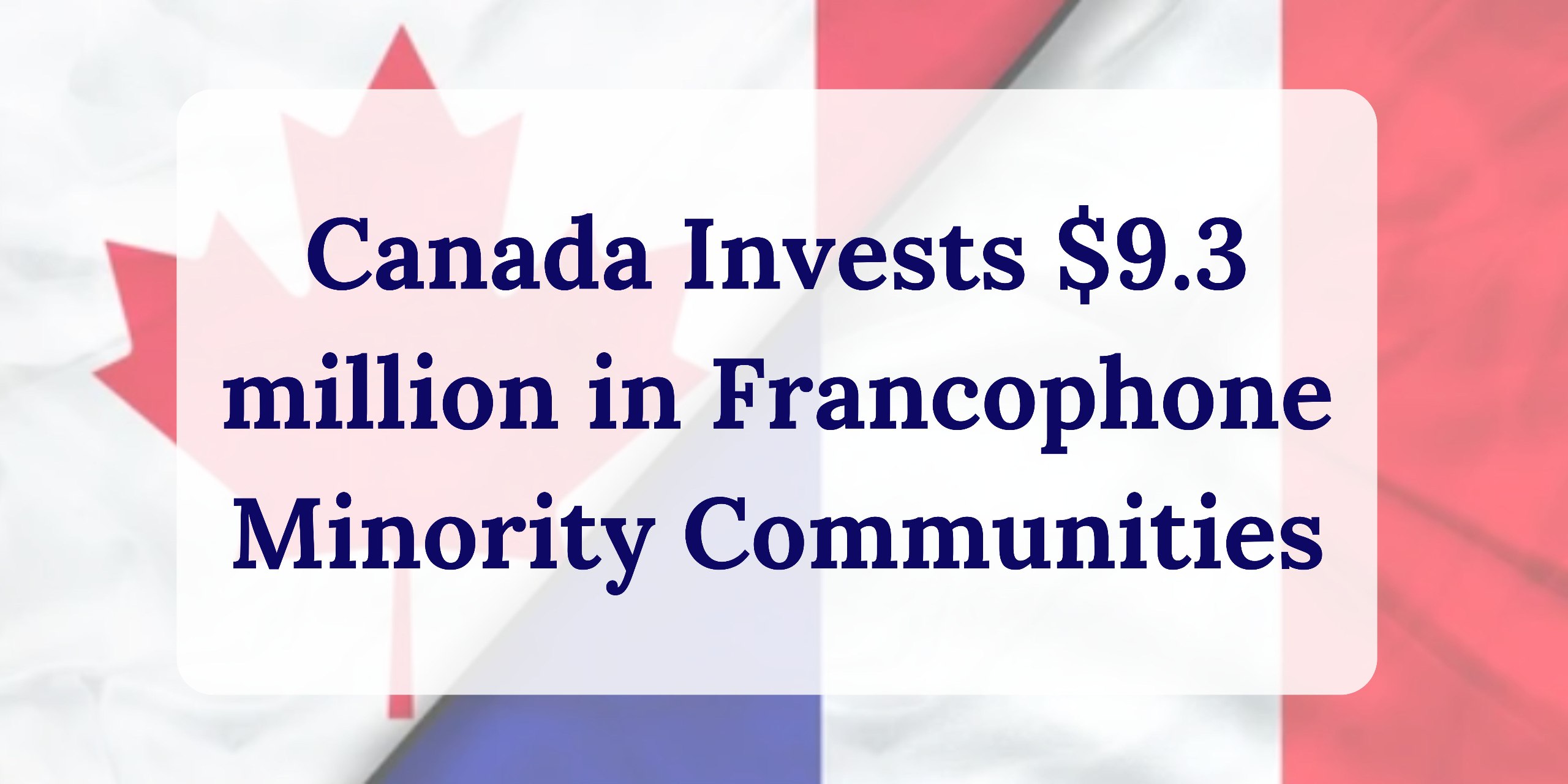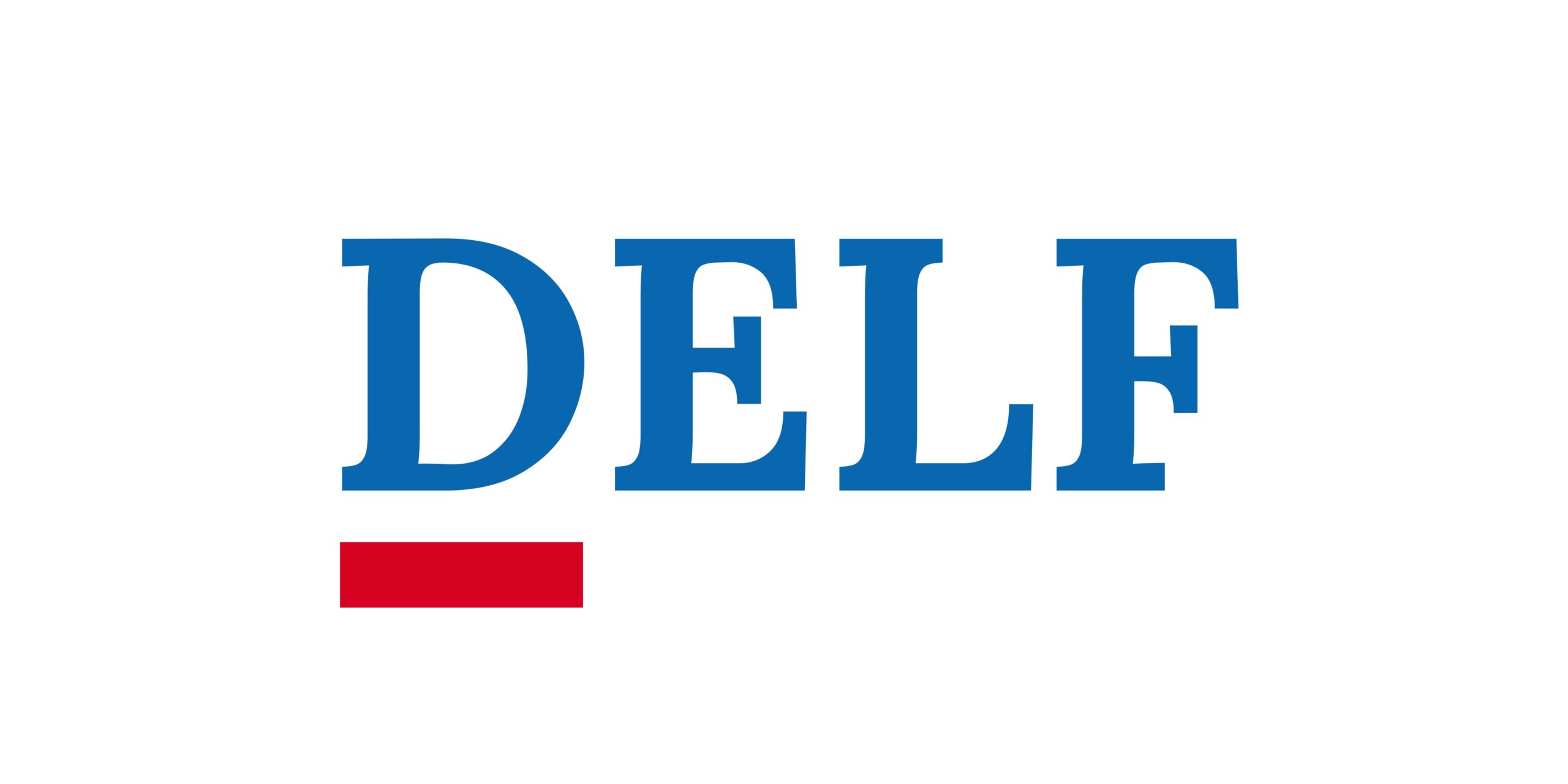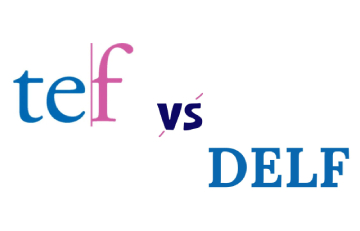
Overview of AQA GCSE Sociology qualifications
Subject content:
1. The sociological approach
Students should understand:
• Debates in Sociology: Conflict vs. consensus.
• Evolving Sociological Knowledge: How ideas change over time and shape our understanding of society.
• Key Sociologists: The work of Durkheim, Marx, and Weber, focusing on their views and contributions.
• Sociological Perspectives: Including feminism, functionalism, interactionism, and Marxism, with insights from key texts.
• Interrelationship of Core Areas: Understanding how different sociological areas connect.
• Sociological Research Methods: Methods applied to areas like families, education, crime, and social stratification. Students may conduct small-scale research to explore real-world sociological challenges.
• Key Terms and Concepts: Society, socialisation, norms, values, roles, labelling, discrimination, power, and authority.
2. Social structures, social processes and social issues
Students must:
• Critically Evaluate Theories: Compare and contrast theories in the context of specific sociological topics.
• Demonstrate Knowledge: Understand key sociological theories through readings, critically analyzing different views.
• Understand Research Methods: Apply methods such as official statistics, qualitative and quantitative approaches, and mixed methods, while recognizing related issues.
• Debate Social Issues: Engage with contemporary issues to challenge everyday views from a sociological perspective.
• Prepare for Further Study and Careers: The skills and knowledge gained will support future academic or professional pursuits.
3. Families
| Scope of study | Content |
|---|---|
| Functions of families | • Understand the key functions of families: sexual, reproductive, economic, and educational. • Explore Parsons’ functionalist view on family roles, including primary socialisation and stabilisation of adult personalities. • Compare and contrast sociological perspectives on families, including functionalist, feminist, and Marxist views. |
| Family forms | • Understand the diversity of family forms in the UK and globally. • Explore Rapoports’ work on family diversity. • Identify and explain various family types: nuclear, extended, reconstituted, lone parent, and single-sex families. |
| Conjugal role relationships | • Understand views on conjugal roles, including Oakley’s feminist perspective. • Identify joint and segregated roles, and the domestic division of labor in families. • Discuss factors impacting conjugal roles today: decision making, money, careers, child rearing, and leisure. • Compare sociological perspectives on conjugal roles (functionalist, feminist, Marxist). |
| Changing relationships within families | • Understand how family relationships have evolved over time. • Learn about the symmetrical family theory and stratified diffusion, as developed by Willmott and Young from a functionalist perspective. |
| Criticisms of families | • Criticisms include isolation, unrealistic idealization, loss of traditional functions, lack of kinship contact, women’s roles, marital breakdown, and dysfunctional families. • Zaretsky’s Marxist perspective on family developments and Delphy & Leonard’s feminist critique. |
| Divorce | • Divorce patterns in Britain since 1945 and their impact on family structures. • Key factors for the rise in divorce: legal changes, shifting social attitudes, secularisation, and women’s changing status. • Consequences for family members: effects on spouses, children, extended family, and the rise of lone-parent families. • Comparison of sociological perspectives on divorce: functionalist, feminist, and Marxist views. |
4. Education
| Scope of study | Content |
|---|---|
| Roles and functions of education | • Different views on the role and functions of education. • Durkheim’s functionalist perspective. • Parsons’ view. |
| The relationship between education and capitalism | Bowles and Gintis (Marxist): Education prepares students for roles that support capitalism. |
| Educational achievement | • Halsey: Class-based inequalities influence educational success. • Ball: Parental choice and school competition impact educational outcomes. |
| Processes within schools | • Ball: Teacher expectations influence student outcomes. • Willis: Creation of counter-school cultures affects achievement. |
5. Crime and deviance
| Scope of study | Content |
|---|---|
| The social construction of crime and deviance | • Merton: Functionalist view on the causes of crime, focusing on social structure and strain. • Becker: Interactionist perspective, emphasizing how crime and deviance are socially constructed through labeling. |
| Social control | • Formal control: Laws, regulations, and official institutions. • Informal control: Social norms, family, peer pressure. • Heidensohn’s work: Female conformity in patriarchal societies, emphasizing the role of gender in social contro |
| Criminal and deviant behaviour | • Influencing factors: Social, economic, and cultural influences on crime. • Debate: Public discussion on crime and deviance. • Key theories: – Cohen: Delinquent subcultures. – Carlen: Women, crime, and poverty |
| Data on crime | • Sources of crime data: Official statistics, surveys, and reports. • Use data to identify crime rates and changes over time. • Dark figure of crime • Sociological perspectives: Functionalist, Feminist, Marxist |
6. Social stratification
| Scope of study | Content |
|---|---|
| Functionalist theory of stratification | • Different views on the functionalist theory of social stratification. • Davis and Moore’s work on social stratification • Alternative perspectives on functionalist theory: Feminist, Marxist: |
| Socio-economic class | • Different views of socio-economic class. • The work of Marx and Weber on socio-economic class |
| Life chances | • Different views on factors affecting life chances. • The work of Devine revisiting the idea of the affluent worker. |
| Poverty as a social issue | • Various interpretations of poverty. • Townsend’s theory of relative deprivation. • Murray’s concept of the underclass. |
| Power and authority | • Different forms of power and authority. • Weber’s work on power and authority. |
| Power relationships | • Different views on factors affecting power relationships. • Walby’s work on patriarchy. |
7. Sociological research methods
Students should be able to: • Identify, describe, and explain various research methods and associated issues. • Evaluate the strengths and weaknesses of specific methods for different research areas. • Understand the research design process, including practical and ethical considerations. • Assess the relevance of primary and secondary sources for research. Interpret data in various forms.
| Content | Additional information |
|---|---|
| Research design | Establishing aims and hypotheses, using pilot studies, selecting sampling methods, and analyzing data |
| Qualitative and Quantitative Methods | • Describe methods like questionnaires, interviews, and observations, and assess their value, strengths, and weaknesses • Evaluate the usefulness of mixed methods |
Types of Data | Assess the usefulness of qualitative and quantitative data, as well as official and non-official statistics |
| Primary and Secondary Sources | Describe and explain primary and secondary data sources |
| Interpretation of Data | Analyze graphs, diagrams, charts, and tables to identify patterns in statistical data |
| Practical Issues | Address issues such as time, cost, and access |
| Ethical Issues | Discuss ethical concerns like consent, confidentiality, and harm to participants, and methods to address them |
For detailed information about the General Certificate of Secondary Education (GCSE) and how it can shape your academic future, click here to explore: GCSE Information
Assessment
| Type of assessment | Content | Questions | Final score | Weighting of final grade |
|---|---|---|---|---|
| Paper 1: The sociology of families and education | • The sociology of families • The sociology of education • Relevant areas of social theory and methodology Students will be expected to draw on knowledge and understanding of the entire course of study to show a deeper understanding of these topics. | Section A has two multiple choice questions followed by a range of short and extended responses. Section B has two multiple choice questions followed by a range of short and extended responses. | 100 marks | 50% |
| Paper 2: The sociology of crime and deviance and social stratification | • The sociology of crime and deviance • The sociology of social stratification • Relevant areas of social theory and methodology Students will be expected to draw on knowledge and understanding of the entire course of study to show a deeper understanding of these topics. | Section A has two multiple choice questions followed by a range of short and extended responses. Section B has two multiple choice questions followed by a range of short and extended responses. | 100 marks | 50% |
If you need help with Sociology or any other subject, our tutors are ready to support you on your academic journey. Don’t miss your chance to succeed—take a trial lesson today!
Assessment objective weightings for GCSE Sociology
Assessment Objectives:
AO1: Show knowledge and understanding of sociological theories, concepts, evidence, and methods.
AO2: Apply sociological theories, concepts, evidence, and methods.
AO3: Analyze and evaluate sociological theories, concepts, evidence, and methods to build arguments, make judgments, and draw conclusions.
| Assessment objectives (AOs)* | Component weightings Paper 1 (%) | Component weightings Paper 2 (%) | Overall weighting (approx %) |
|---|---|---|---|
| AO1 | 20 | 20 | 40 |
| AO2 | 20 | 20 | 40 |
| AO3 | 10 | 10 | 20 |
| Overall weighting of components | 50 | 50 | 100 |
Assessment weightings
The marks on the papers will be scaled according to the weighting of each component. Students’ final marks will be the sum of these scaled marks. Grade boundaries will be determined based on this total scaled mark. The scaling and total scaled marks are detailed in the table below.
| Component | Maximum raw mark | Scaling factor | Maximum scaled mark |
|---|---|---|---|
| The sociology of families and education | 100 | x1 | 100 |
| The sociology of crime and deviance and social stratification | 100 | x1 | 100 |
| Total scaled mark: | 200 |











